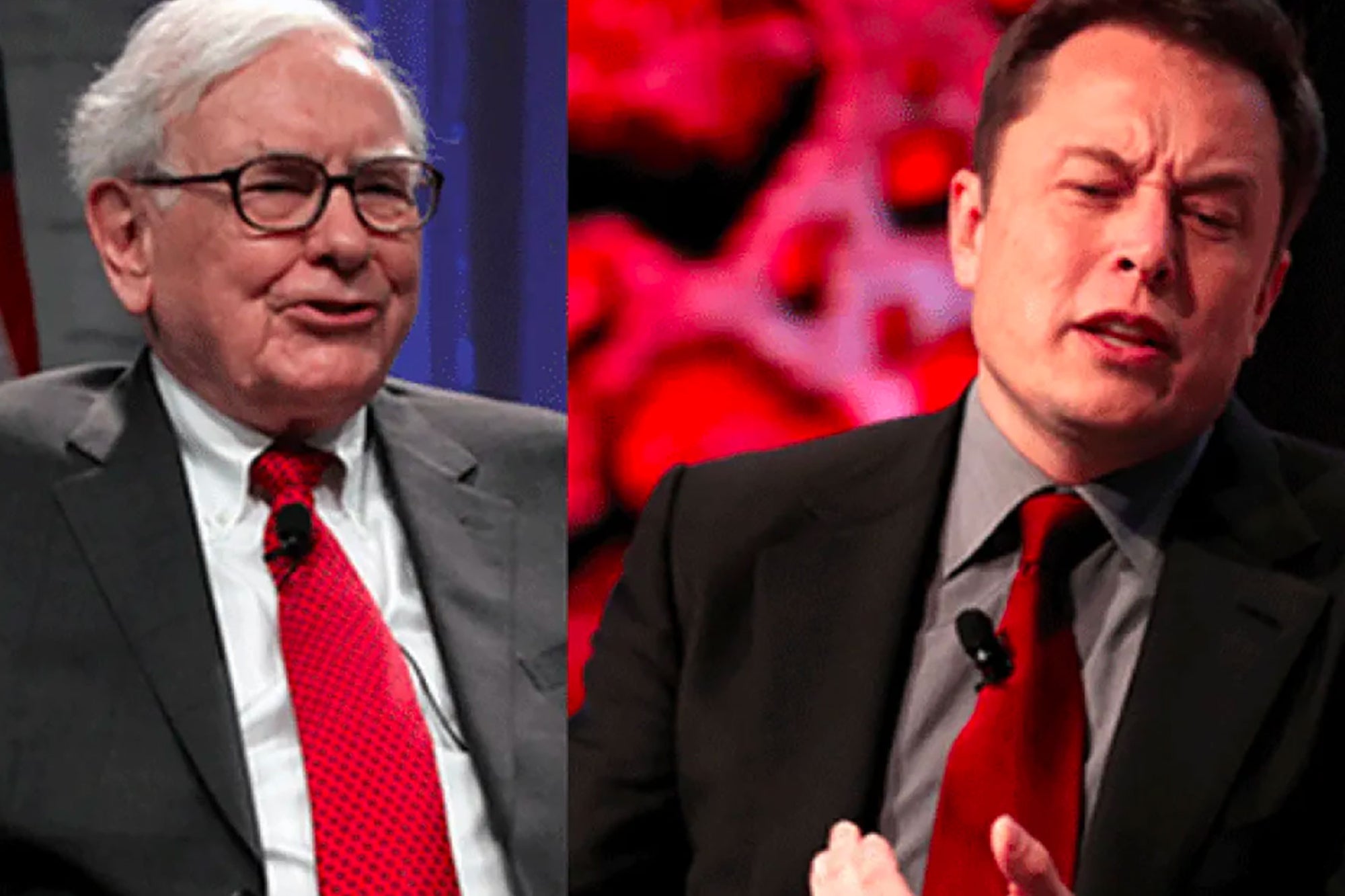Elon Musk’s Net Worth Passes Warren Buffett’s After Tesla Stock Reaches All-Time High

Tesla stock, of which Musk is the largest holder, continues to hit record highs. Buffett, meanwhile, donated almost $3 billion of Berkshire Hathaway stock, causing his riches to shrink.
July 13, 2020 3 min read
This story originally appeared on Business Insider
Elon Musk‘s wealth officially surpassed that of Warren Buffett on Friday, according to the Bloomberg Billionaires Index, fueled by Tesla‘s skyrocketing stock price and a hefty donation by the Oracle of Omaha.
Musk, the CEO of Tesla and the electric-car maker’s biggest shareholder, saw his riches surge more than $6 billion on Friday alone to $70.5 billion as the company’s market value capped off a week of fresh highs. The stock is up 259% in 2020 compared with the benchmark S&P 500 index’s 1% gain.
Musk is now No. 7 on the list, up from No. 12, while Buffett slips to 10th place. Tesla board member Larry Ellison, a major shareholder himself, also gained ground to come in at No. 11.
Buffett, perhaps the world’s most famous investor, saw his fortune decline this week after giving away $2.9 billion worth of Berkshire Hathaway shares to charity. Since 2006, Bloomberg reported, he’s gifted more than $37 billion worth of shares.
Billionaire wealth is anything but straightforward
Musk takes zero salary from Tesla, while Buffett has famously taken $100,000 annually for decades. For both men, their riches are largely tacked to the daily ups and downs of equities markets.
Musk, in particular, has made headlines for his massive — and massively complicated — pay structure that allows him to buy $1.8 billion tranches of highly discounted Tesla stock as the company hits specific performance targets, like profitability goals and market-capitalization benchmarks. He hit the first of those goals earlier this year.
He’s also said Tesla stock is likely overvalued, but that hasn’t stopped investors from pushing the price high enough to make it the most valuable car company, despite producing only a small fraction of what traditional automakers churn out.
Then there’s the question of what to do with such wealth.
“It doesn’t make a lot of sense in most cases if you’ve basically organized a company,” Musk told Joe Rogan on his podcast in May. “How does this wealth arise? If you organize people in a better way to produce products and services that are better than existed before, and you have some ownership in that company, then that essentially gives you the right to allocate more capital.”
That’s where Buffett comes into his theory.
“There’s a conflation of consumption and capital allocation,” Musk said. “So when you take Warren Buffett, for example — and to be totally frank, I’m not his biggest fan — he does a lot of capital allocation. He reads a lot of annual reports of companies, all the account, and it’s pretty boring honestly. What he’s trying to figure out is, ‘Does Coke or Pepsi deserve more capital?'”
The two billionaires couldn’t be more different in communication, either.
“He’s a remarkable guy,” Buffett, who has tweeted only nine times, said of Musk in 2019 as the Tesla CEO sparred with US securities regulators. “I just don’t see the necessity to communicate.”
https://www.entrepreneur.com/article/353196